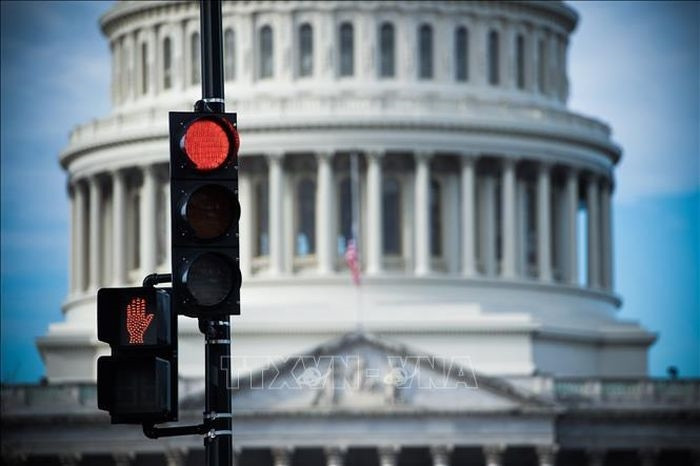The US faces the risk of defaulting on its debt in July if lawmakers cannot resolve disagreements over a budget spending plan and raising the debt ceiling.

The US Capitol Building in Washington DC.\
The US Congressional Budget Office (CBO) issued the above warning on February 15 in the context of Republican congressmen threatening to "turn their backs" on the bill to raise the public debt ceiling, if Democratic congressmen do not agree to cut future spending budgets.
The CBO asserted that if the debt ceiling remains unchanged, the US government will no longer be able to borrow through special measures between July and September 2023.
In January, the US government debt officially hit the $31.4 trillion ceiling, forcing the Treasury Department to begin implementing "extraordinary measures" to ensure the federal government can continue to pay for its operations. However, US Treasury Secretary Janet Yellen warned that the "extraordinary measures" will only last until June. At that point, the US government will default on its debt, forcing cuts to the federal government budget and potentially sending the country into immediate recession.
As a result, the CBO warned, "if the debt ceiling is not raised or suspended before the extraordinary measures expire, the government will not be able to pay its obligations in full. As a result, the government will have to delay payments for some activities, default on its debt, or both."
However, according to the CBO, the timing of the “extraordinary measures” is still uncertain because the timing, revenues, and expenditures may differ from the forecast. In particular, if revenues fall short, the US Treasury could “run out of money” by July.
In a separate report released the same day, the CBO said it expects the US federal budget deficit in 2023 to hit $1.4 trillion. This figure represents 5.3% of the gross domestic product (GDP) and is expected to reach $2.7 trillion by 2033, accounting for 6.9% of GDP, a five-fold increase since 1946. The CBO also predicts that the debt-to-GDP ratio could increase annually, reaching a record high of 118% in 2033.
The CBO report states that “debt will continue to increase after 2033 if current law remains broadly unchanged.” This happens when interest costs rise and mandatory spending outpaces revenue and economic growth.
CBO Director Phillip Swagel said the new law to raise the debt ceiling needs to include additional deficit projections. He said the CBO has raised its cumulative deficit projection for 2023-2032 by $3 trillion from its May 2022 projection.
According to VNA